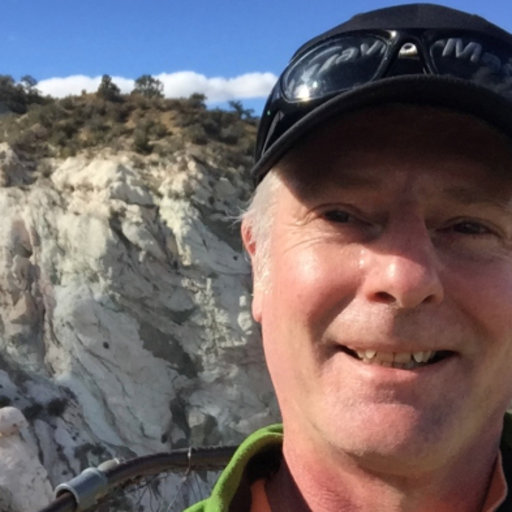
Latest Posts
-
François Arago Award in Polarimetric Remote SensingDec 9
The recipients of François Arago Award in Polarimetric Remote Sensing : Congratulations!!!
-
About your registrationOct 21
Dear APOLO-2019 participants, The APOLO-2019 is approaching and the locally in Lille we have advanced well in preparing everything for…
-
Call for Nominations 2019 François Arago Award in Polarimetric Remote SensingAug 26
Dear Colleagues, We are pleased to solicit nominations for the 2019 François Arago Award presented by the International APOLO Project.…
-
Program and Visa supportJul 26
The complete scientific program is expected to be provided in mid September, and the letters confirming presentation status, as well…
-
About abstractsJul 25
Dear participants, All invited speakers are encouraged to submit their abstracts as soon as practicable. Each corresponding author is encouraged…
Brian Cairns
NASA/GISS (USA)
Dr. Cairns was educated in the United Kingdom at Chesterfield School and received an engineering degree from the University of Cambridge before completing a Ph. D. in physics at the Institute of Optics of the University of Rochester. He has worked at NASA Goddard Institute for Space Studies since 1992. His initial work was focused on developing parameterizations of three-dimensional radiation transport through clouds for use in general circulation models (GCMs) and that parameterization continues to be used in the GISS GCM. Since 1996 he has worked on the use of polarimetric remote sensing of the Earth to determine aerosol and cloud properties using ground based and airborne observations and was one of the developers of the airborne Research Scanning Polarimeter (RSP) instrument. The development of the RSP instrument was completed in 1999 and it made its first airborne measurements on a small Cessna survey plane. This sensor has obtained the most accurate polarization measurements of the atmosphere of the Earth ever made and over a broader spectral and angular range than any other polarimeter. The capability of these measurements to accurately retrieve aerosol and cloud properties has been widely recognized and has led to the development and planning of new instruments that attempt to provide similar capabilities. Since 2000 Dr. Cairns has led the integration of the RSP instrument onto five different platforms and supervised seventeen different field deployments from Mexico to the Canadian Arctic. During that time the RSP instrument performed impeccably acquiring more than 2000 hours of remote sensing observations. Dr. Cairns was instrument scientist for the Aerosol Polarimetry Sensor, which was on the NASA Glory mission that failed to reach orbit on 4th March 2011 and crashed into the South Pacific. He was also a member of the science-working groups appointed by NASA Headquarters to define the ACE and PACE missions that were recommended by the Decadal Survey of the National Academy of Sciences.
